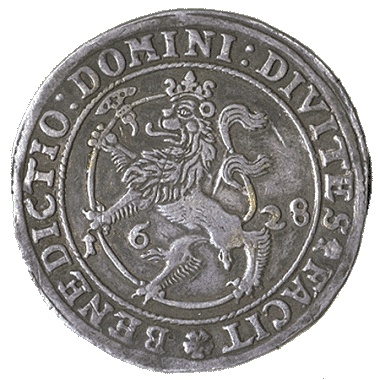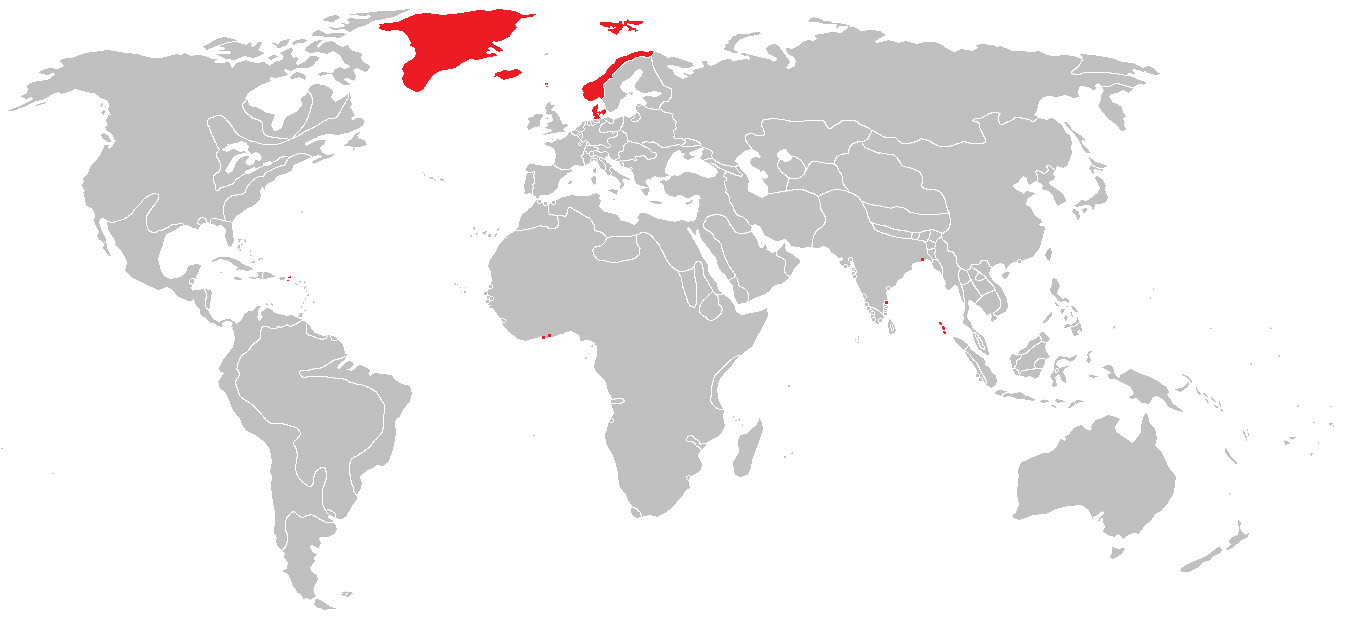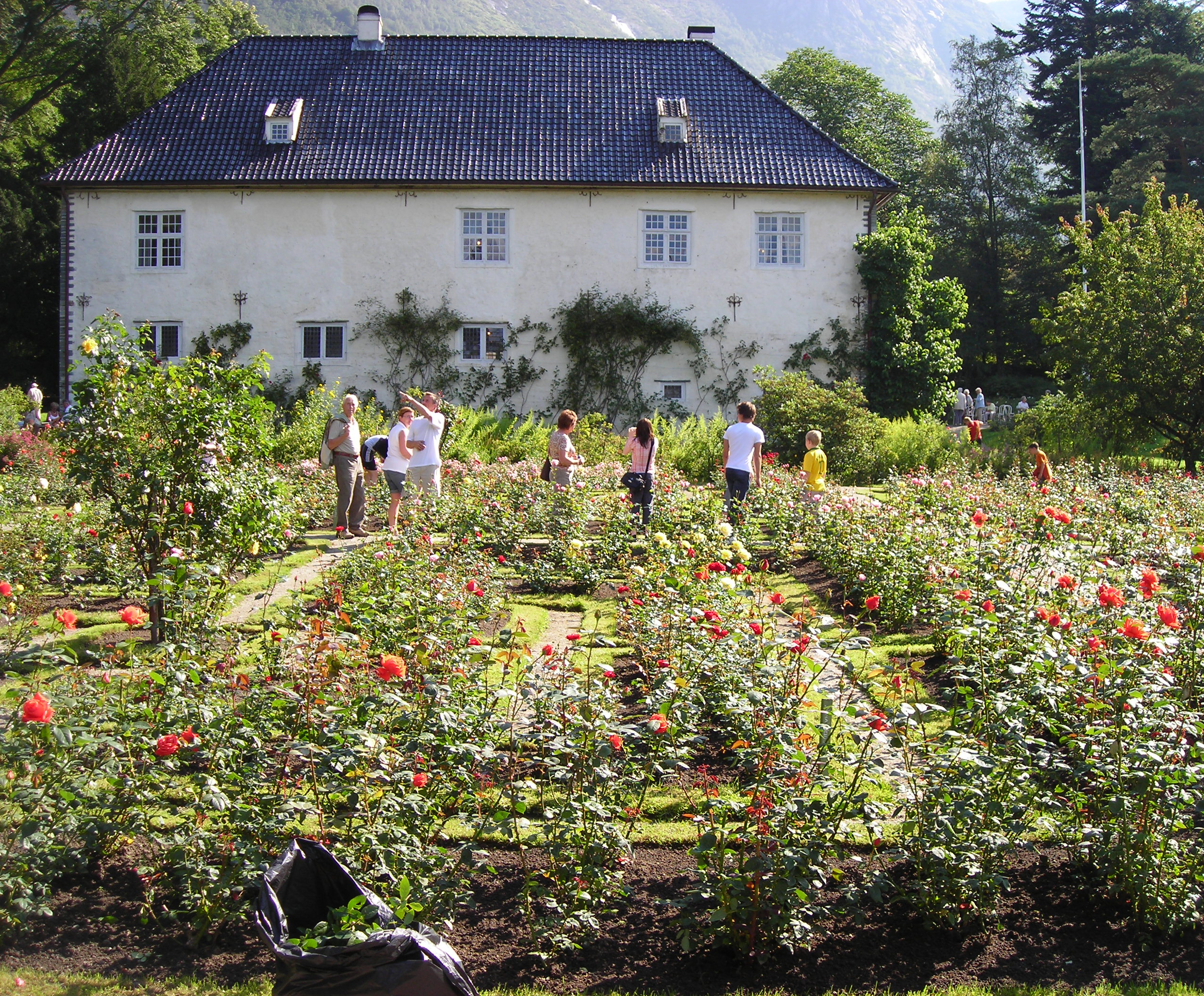|
Norwegian Church Sale
The Norwegian church sale ( no, kirkesalget) was a comprehensive and systematic sale of most of the church properties in Norway during the 1720s. The purpose of this sale was the intention of improving the poor public finances in the Kingdom of Denmark-Norway after the Great Northern War. In 1721, the government decided that the churches in Norway and the property they owned, with some exceptions, would be sold. This event is often referred to as "the great church sale" ( no, det store kirkesalget). This sale was mainly carried out in the years 1723 to 1730. A total of 632 churches and annex chapels with all their associated church estates were sold. About a hundred of them were sold to the congregations and the rest were sold to individuals, often clergymen such as bishops and priests. Later, most churches were bought back by the congregation, often with help from the municipality. In retrospect, this church sale has been criticized in relation to whether the King even had ownership ... [...More Info...] [...Related Items...] OR: [Wikipedia] [Google] [Baidu] |
Norway
Norway, officially the Kingdom of Norway, is a Nordic country in Northern Europe, the mainland territory of which comprises the western and northernmost portion of the Scandinavian Peninsula. The remote Arctic island of Jan Mayen and the archipelago of Svalbard also form part of Norway. Bouvet Island, located in the Subantarctic, is a dependency of Norway; it also lays claims to the Antarctic territories of Peter I Island and Queen Maud Land. The capital and largest city in Norway is Oslo. Norway has a total area of and had a population of 5,425,270 in January 2022. The country shares a long eastern border with Sweden at a length of . It is bordered by Finland and Russia to the northeast and the Skagerrak strait to the south, on the other side of which are Denmark and the United Kingdom. Norway has an extensive coastline, facing the North Atlantic Ocean and the Barents Sea. The maritime influence dominates Norway's climate, with mild lowland temperatures on the se ... [...More Info...] [...Related Items...] OR: [Wikipedia] [Google] [Baidu] |
Diocese Of Oslo
Oslo bishopric is the Church of Norway's bishopric for the municipalities of Oslo, Asker and Bærum. It is one of Norway's five traditional bishoprics and was founded around the year 1070. History Oslo was established as a diocese in 1068. It was originally a suffragan of the archdiocese of Hamburg-Bremen, from 1104 on of that of Lund and starting from 1152 on of Nidaros. It then covered the (modern) counties of Oslo, Akershus, Buskerud (except Hallingdal), Hedmark (except the northern part of Østerdalen), Oppland (except Valdres), Telemark, Vestfold and Østfold, and the province of Bohuslän, and the parishes of Idre and Särna. The Diocese of Hamar was established and separated from Oslo in 1152, but it was again merged with Oslo in 1541 (together with the northern part of Østerdalen from Diocese of Nidaros). The regions of Hallingdal and Valdres were transferred from Diocese of Stavanger to Oslo in 1631. (But Oslo had to give the upper part of Telemark to Stavanger ... [...More Info...] [...Related Items...] OR: [Wikipedia] [Google] [Baidu] |
Norwegian Rigsdaler
The rigsdaler specie was a unit of silver currency used in Norway, renamed as the speciedaler in 1816 and used until 1873. Norway used a common reichsthaler currency system shared with Denmark, Hamburg and Schleswig-Holstein until 1873 when the gold standard was implemented in Scandinavia and the German Empire. Rigsdaler specie The reichsthaler currency system used in Northern Europe until 1873 consisted of the silver Reichsthaler specie (''Rigsdaler specie'') worth 120 ''skillings'' in Norway and Denmark, and the lower-valued ''Rigsdaler courant'' worth th of specie or 96 ''skillings'' (both units worth 60 and 48 ''schellingen'', respectively, in Hamburg and Schleswig-Holstein). The Hamburg Bank equated 9 reichsthalers specie to a Cologne Mark of fine silver, hence 25.28 g silver in a ''rigsdaler specie''. Coins In the late 18th and early 19th centuries, coins were issued in denominations of 1, 2, 4, 8 and 24 skilling, , , , , and 1 rigsdaler specie. Banknotes In 1695, gove ... [...More Info...] [...Related Items...] OR: [Wikipedia] [Google] [Baidu] |
Tithes
A tithe (; from Old English: ''teogoþa'' "tenth") is a one-tenth part of something, paid as a contribution to a religious organization or compulsory tax to government. Today, tithes are normally voluntary and paid in cash or cheques or more recently via online giving, whereas historically tithes were required and paid in kind, such as agricultural produce. After the separation of church and state, church tax linked to the tax system are instead used in many countries to support their national church. Donations to the church beyond what is owed in the tithe, or by those attending a congregation who are not members or adherents, are known as offerings, and often are designated for specific purposes such as a building program, debt retirement, or mission work. Many Christian denominations hold Jesus taught that tithing must be done in conjunction with a deep concern for "justice, mercy and faithfulness" (cf. Matthew 23:23). Tithing was taught at early Christian church councils, ... [...More Info...] [...Related Items...] OR: [Wikipedia] [Google] [Baidu] |
Eucharist
The Eucharist (; from Greek , , ), also known as Holy Communion and the Lord's Supper, is a Christian rite that is considered a sacrament in most churches, and as an ordinance in others. According to the New Testament, the rite was instituted by Jesus Christ during the Last Supper; giving his disciples bread and wine during a Passover meal, he commanded them to "do this in memory of me" while referring to the bread as "my body" and the cup of wine as "the blood of my covenant, which is poured out for many". The elements of the Eucharist, sacramental bread ( leavened or unleavened) and wine (or non-alcoholic grape juice), are consecrated on an altar or a communion table and consumed thereafter, usually on Sundays. Communicants, those who consume the elements, may speak of "receiving the Eucharist" as well as "celebrating the Eucharist". Christians generally recognize a special presence of Christ in this rite, though they differ about exactly how, where, and when Chr ... [...More Info...] [...Related Items...] OR: [Wikipedia] [Google] [Baidu] |
Denmark–Norway
Denmark–Norway (Danish and Norwegian: ) was an early modern multi-national and multi-lingual real unionFeldbæk 1998:11 consisting of the Kingdom of Denmark, the Kingdom of Norway (including the then Norwegian overseas possessions: the Faroe Islands, Iceland, Greenland, and other possessions), the Duchy of Schleswig, and the Duchy of Holstein.Feldbæk 1998:21f, 125, 159ff, 281ff The state also claimed sovereignty over three historical peoples: Frisians, Gutes and Wends.Feldbæk 1998:21 Denmark–Norway had several colonies, namely the Danish Gold Coast, the Nicobar Islands, Serampore, Tharangambadi, and the Danish West Indies.Feldbæk 1998:23 The union was also known as the Dano-Norwegian Realm (''Det dansk-norske rige''), Twin Realms (''Tvillingerigerne'') or the Oldenburg Monarchy (''Oldenburg-monarkiet'') The state's inhabitants were mainly Danes, Norwegians and Germans, and also included Faroese, Icelanders and Inuit in the Norwegian overseas possessions, a Sami minori ... [...More Info...] [...Related Items...] OR: [Wikipedia] [Google] [Baidu] |
Tithe
A tithe (; from Old English: ''teogoþa'' "tenth") is a one-tenth part of something, paid as a contribution to a religious organization or compulsory tax to government. Today, tithes are normally voluntary and paid in cash or cheques or more recently via online giving, whereas historically tithes were required and paid in kind, such as agricultural produce. After the separation of church and state, church tax linked to the tax system are instead used in many countries to support their national church. Donations to the church beyond what is owed in the tithe, or by those attending a congregation who are not members or adherents, are known as offerings, and often are designated for specific purposes such as a building program, debt retirement, or mission work. Many Christian denominations hold Jesus taught that tithing must be done in conjunction with a deep concern for "justice, mercy and faithfulness" (cf. Matthew 23:23). Tithing was taught at early Christian church councils, ... [...More Info...] [...Related Items...] OR: [Wikipedia] [Google] [Baidu] |
Hans Nobel
Hans Nobel (1657 – 26 August 1732) was a Danish landowner and civil servant. Biography Nobel was born in the village of Kristianopel at Karlskrona in Blekinge where his father was a merchant. He was the son of Hans Mortensen Nobel (dead 1698) and Sophie Casparsdatter Eggers (dead 1693). He was an uncle of jurist and military officer Peter Schnitler (1690–1751). The year after he was born, southern Sweden including Blekinge became Swedish territory under the terms of the Treaty of Roskilde (1658). Nobel attended school in Kristianstad and was enrolled at the University of Copenhagen in 1677. For a period he was a customs contractor of North Jutland. Nobel served as mining counselor at Nordafjelsk bergamt in Northern Norway from 1702. From 1704 to 1719 he served as Governor of Romsdals Amt (now Møre og Romsdal county). He lived in Molde and was the owner of the ''Moldegård'' manor. From 1713 to 1716, he was a member of the Palace Act Commission (''Slottsloven'') at A ... [...More Info...] [...Related Items...] OR: [Wikipedia] [Google] [Baidu] |
Bartholomæus Deichman
Bartholomæus Deichman (9 August 1671 – 13 April 1731) was a Danish/Norwegian clergyman and Bishop. Deichman was born in Copenhagen, Denmark. He was the son of Carl Deichman (ca. 1639–1684) and his wife Else Pedersdatter (d. ca. 1675). He took his Baccalaureate in 1688. After theological exam in 1690, he studied in Frankfurt, Leiden and Utrecht. He first served as a chaplain with the Danish military auxiliaries. In 1697, he had secured a clerical position in Copenhagen. He served as Bishop of Viborg from 1700, and Bishop of the Diocese of Oslo from 1713 to 1730. In 1720–1721, he oversaw the beginning stages of the Norwegian church sale for the King. Personal life In 1699, he married Else Rosemeyer (ca. 1669–1745), daughter of Carl Rosemeyer (d. 1670) and his wife Anna Pedersdatter (d. 1679). They had six children, three sons and three daughters. Their son Carl Deichman (1705–1780) was an investor in Fossum Ironworks and later owner of Eidsfos Verk. Their dau ... [...More Info...] [...Related Items...] OR: [Wikipedia] [Google] [Baidu] |
Kingdom Of Denmark-Norway
Kingdom commonly refers to: * A monarchy ruled by a king or queen * Kingdom (biology), a category in biological taxonomy Kingdom may also refer to: Arts and media Television * ''Kingdom'' (British TV series), a 2007 British television drama starring Stephen Fry * ''Kingdom'' (American TV series), a 2014 US television drama starring Frank Grillo * ''Kingdom'' (South Korean TV series), a 2019 South Korean television series *'' Kingdom: Legendary War'', a 2021 South Korean television series Music * Kingdom (group), a South Korean boy group * ''Kingdom'' (Koda Kumi album), 2008 * ''Kingdom'' (Bilal Hassani album), 2019 * ''Kingdom'' (Covenant Worship album), 2014 * ''Kingdoms'' (Life in Your Way album), 2011 * ''Kingdoms'' (Broadway album), 2009 * ''Kingdom'' (EP), a 1998 EP by Vader * "Kingdom" (Dave Gahan song), 2007 * "Kingdom" (Maverick City Music and Kirk Franklin song), 2022 * "Kingdom", a song by Battle Beast on their 2013 album '' Battle Beast'' * "Kingdom", a so ... [...More Info...] [...Related Items...] OR: [Wikipedia] [Google] [Baidu] |
Barony Rosendal
Barony Rosendal (Norwegian: ''Baroniet Rosendal'') is a historic estate and manor house situated in Kvinnherad in Hordaland county, Norway. The barony was built in the 17nth century by danish noblemen on the old estate of Norwegian noble Galte family, the current barony estate making out the historical farms of Hatteberg, Mel and Eik. History The history of Rosendal dates back to the 1650s, when the nobleman Ludvig Holgersen Rosenkrantz (1628-1685) of the of House of Rosenkrantz came to Bergen as commissioner of war for the Danish king, Frederick III. At a ball at the fortress of Bergenhus he met Karen Andersdatter Mowatt (1630-1675), sole heiress to the largest fortune in the country at the time. Her father was a great land-owner and had more than 550 farms all over the western part of Norway. They were married in 1658 and were given the farm of Hatteberg in Rosendal as a wedding present. In 1661, Ludwig Rosenkrantz started building his own country house in Rosendal and co ... [...More Info...] [...Related Items...] OR: [Wikipedia] [Google] [Baidu] |




